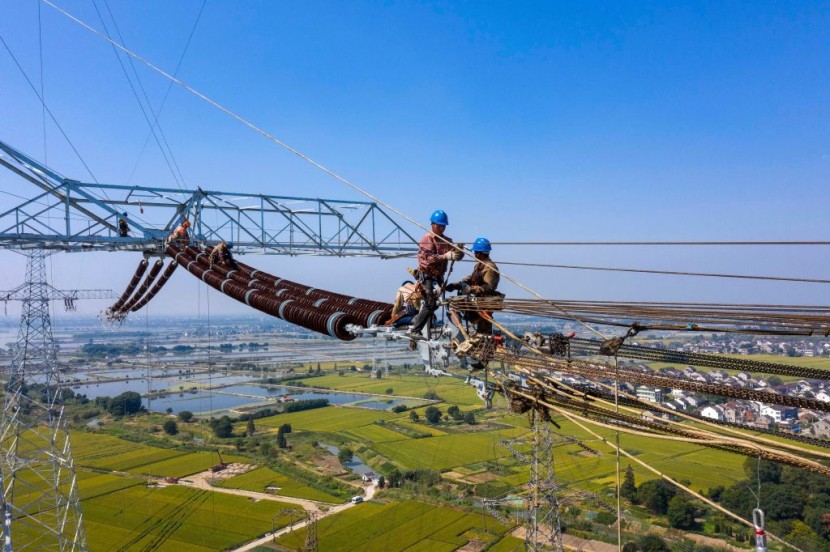
A report claimed Friday that China's main state-owned energy corporations have been instructed to secure enough fuel supply for the coming winter at any costs, as the nation faces power crisis that threatens to stifle development in the world's second largest economy.
The country has been plagued by extensive power outages, which have forced enterprises to close or partially close, affecting output and worldwide supply networks. A number of reasons have contributed to the issue, including growing international demand as economies expand, record coal prices, state power price restrictions, and strict emissions objectives.
In recent months, more than a dozen provinces and regions have been compelled to enforce energy use restrictions. Vice Premier Han Zheng had instructed energy firms to ensure that there is enough fuel to keep the country operating and that blackouts would not be tolerated, NDTV reported.
China's energy supply was interrupted bu the pandemic, declining imports
According to the sources, Han, who oversees the country's energy sector and industrial output, was speaking during an emergency meeting this week with officials from Beijing's state-owned assets regulator and economic planning agency.
Although, coal powers over 60% of the Chinese economy, supply in the world's top coal importers has been interrupted by the pandemic and pressured by declining imports during a trade spat with Australia.
As demand for power from companies in China increased, utilities were unable to purchase enough fuel due to price increases. The country's environmental agenda is exacerbating the issue, with pressure mounting to reduce coal use and limit the expansion of coal mining after President Xi Jinping vowed that China will be carbon neutral by 2060.
Attempts in China to satisfy tight energy limits have resulted in a silicon shortage, throwing the already overstressed computer chip manufacture into disarray.
Businesses are battling to return to the office owing to a huge scarcity of microchips, and enterprises are frantically attempting to acquire electrical equipment but may have to wait until December.
The power crisis in China tightens due to aiming to reduce emissions
And the situation appears to be worsened by a significant reduction in China's output of silicon, the second most plentiful material on Earth, as per Daily Mail.
The material is required in the manufacture of a wide range of daily devices used across the world, including cellphones, automobiles, and laptops.
Many facilities have ceased refining the material as a result of China's efforts to fulfill tight new energy quotas aimed at reducing greenhouse gas emissions, and its price has risen by 300 percent in less than two months, according to the China Nonferrous Metals Association.
This unexpected scarcity of the normally plentiful material has forced firms all around the world to halt sales of silicon-based products, leaving companies like automobile manufacturers and smartphone manufacturers scurrying to safeguard their manufacturing lines.
Access to energy has become one of China's main foreign policy issues, and recent events demonstrate why: the country simply does not have enough resources to power what has become the world's greatest industrial powerhouse.
In recent days, the headlines have been stark: parts of China have been suffering from power shortages, with local governments compelled to restrict energy due to a scarcity of coal and rising demand pushing prices up.
Per RT, the issue is also the result of a power system fueled by government subsidies that run on a non-profit basis, relieving the burden on bill payers. This implies that as commodity prices rise, companies begin to incur enormous losses and are forced to reduce production.
Related Article: UK Fuel Crisis: Petrol Station Staff Hit By Abuse Due To More Brawling in Queues; Soldiers To Patrol on Roads
@YouTube








